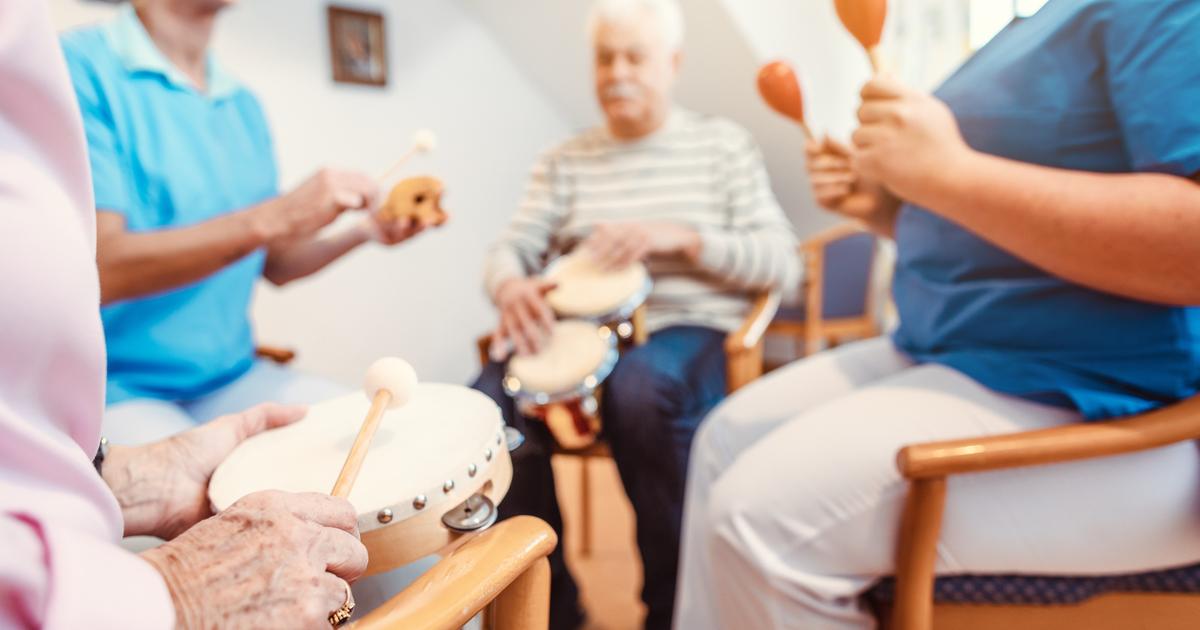1. Where does it come from?
The link between care and music is very old... The Egyptians adorned their melodies with magical powers in order to ward off illness.
For the Greeks, music was a gift from the gods, which made it possible to use it to treat mental disorders.
In China, breath links music and medicine.
And for the Turks, the different ranges and their variations have their own therapeutic virtues.
Also read: When music helps cure cancer
In France, music therapy emerged as a medical practice in the second half of the 20th century, with neuropsychiatrists taking an interest in it.
We can cite Jacqueline Verdeau, neuropsychiatrist and music therapist who experimented with it in 1973 at the Limoux day hospital.
In 2003, the ancestor of the current French Federation of Music Therapists was founded.
University training courses and diplomas are emerging and attracting musicians and caregivers.
2.
What does it cure?
And how?
Children with educational and psychological difficulties, depressed adults, elderly people suffering from neurodegenerative diseases... All can benefit from care based on listening or musical practice.
But not just any old way: playing a popular song to the residents of a nursing home to remind them of their youth cannot be qualified as music therapy, even if it has a positive effect on the mood of certain residents.
On the other hand, we know today that music is not only relaxing;
in fact, it modifies certain brain connections with an effect on memory and attention skills.
Some work has shown that among autistic people, music can be a vector of communication, and it is able to reduce behavioral problems.
Concretely, how does this happen?
Also read: Neurodegenerative diseases favored by large variations in cholesterol over the course of life
“We create a communication channel with the patient, a mode of synchronization in a very simple framework, the same tempo, the same measure,”
explains Dominique Bertrand, music therapist.
“The patient is invited to do different things at the same time, to listen to others while listening to themselves… which is not easy,”
he adds.
It is this unique relationship which is therapeutic, and it will be able to evolve, progress technically.
“Then the person lets go, their voice is more confident, their emotions more intense,”
he adds.
Sessions last approximately forty-five minutes, and ten minutes is a minimum.
3. What are the expected benefits?
And the risks?
Music allows you to remember past experiences and experience sensations again, so it is beneficial for older people, even those with severe disabilities.
Let us cite the work of Fleur-Lise Monastesse, nursing home worker and caregiver trainer: with patients, she uses singing, the harp, the tambourines...
“People get pleasure from touching the instruments,”
she confides.
Concerning patients suffering from Alzheimer's disease, a recent experiment has shown the benefit of music therapy on a small group of patients suffering from neurodegenerative diseases followed at the Arpajon Hospital Center.
Music lovers, they benefited from a weekly music therapy session lasting an hour and a half for a year with a significant reduction in behavioral problems.
This practice does not carry any risk.

